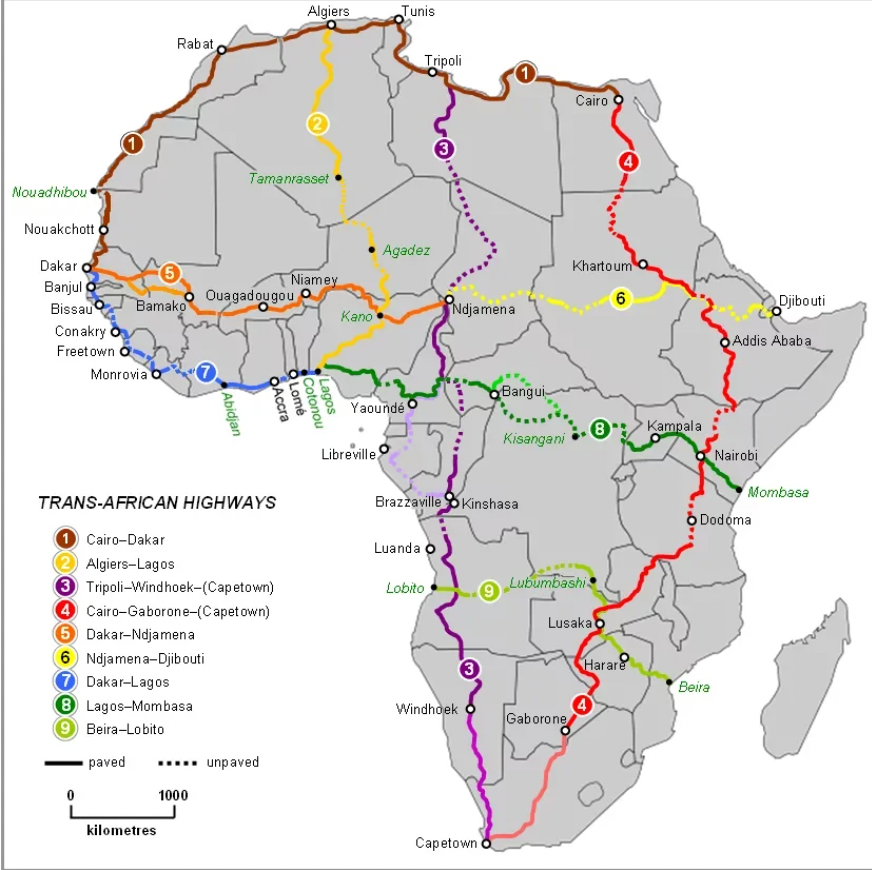The potential impact of the BRICS nations’ new currency creation on African trade and economic freedom
By Christine Dikongue
This forum marked the beginning of international events at the St. Petersburg International Economic Forum 2023. The top Russian official was quoted saying:
“The transition to settlements in national currencies is the first step. The next one is to provide the circulation of digital or any other form of a fundamentally new currency in the nearest future. I think that at the BRICS [leaders’ summit], the readiness to realize this project will be announced, such works are underway.”
The BRICS (Brazil, Russia, India, China, and South Africa) has long been recognized as an influential alliance of emerging economies with significant economic power. However, beyond their individual economic prowess, BRICS member countries have increasingly sought to collaborate on various economic and political fronts. One of the most ambitious proposals on the table at their upcoming summit in South Africa is the creation of a new currency, which would allow BRICS countries to conduct trade amongst themselves without relying on the US dollar as a reserve currency.
The impact of this move would not only benefit BRICS member countries, but it could also have a profound effect on Africa’s economic freedom. Historically, African countries have been exploited by Western countries and multinational corporations, resulting in economic dependency and stagnation.
African leaders have attempted to break this cycle by creating unique currencies, the most notable being Muammar Ghaddafi’s plan for a unified African currency, the Gold Dinar. However, Ghaddafi’s plan was met with resistance from Western powers.
However, with the BRICS alliance, African countries may now have a new opportunity to pursue economic freedom through a currency that is not beholden to ex-colonial powers. A BRICS currency may create an alternative financial system that African countries could use to conduct trade, bypassing traditional banking systems that have been accused of facilitating economic exploitation.
Moreover, the creation of an African monetary bloc and own currency similar to the gold dinar could also facilitate the adoption of the African Continental Free Trade Area (AFCFTA), which seeks to create a single market for goods and services across the continent. By streamlining currency exchange, African businesses would be able to trade more easily and cost-effectively, in their local currencies, leading to increased economic growth and integration.

Although, the economic potential of Africa goes beyond just trade. The continent is home to vast reserves of natural resources, and its young and growing population presents a demographic dividend that could spur economic development.
To realize this potential, however, African countries must invest in critical infrastructure, such as transportation networks, that can enable the efficient movement of goods and people across the continent.
A unique railroad, spanning across the continent from the Atlantic to the Indian Ocean, has been proposed as a solution to Africa’s transportation woes. This ambitious project, known as the Trans-African Railway, could connect 34 African countries, providing a critical transportation link that would enable the free movement of goods, services, and people across the continent. The project, estimated to cost $12 billion, would be a massive undertaking, but its potential benefits could transform Africa’s economic landscape.

In conclusion, the creation of a BRICS currency with a single currency in Africa could help promote economic freedom and integration, facilitating the adoption of the AFCFTA and creating an alternative financial system that could benefit African economies. The proposed Trans-African Railway could also be a game-changer for Africa, transforming it into a global leader. These projects will require significant investment and political will, but they represent a promising path forward for Africa’s future prosperity and unity.
About The Author:

Christine Dikongué is an innovation, leadership and economic strategy consultant.




















































